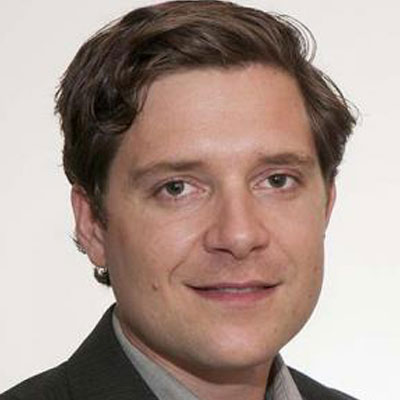Embedded Commanders | 2023 | Events

Abstract:
When civil wars end, the field commanders of armed groups often become critical for the maintenance of peace, state recovery, and regime survival. Why do these violence entrepreneurs sometimes help to build loyal national armies that underpin stability, but in other cases resist centralized statebuilding? Drawing on original data and field research in West Africa, I argue that when non-state armed groups govern occupied territories in ways that promote civilian welfare, field commanders from these groups are more likely to become locally embedded in rebel-ruled communities, and in turn sustain greater capacity to resist central regime leaders after post-conflict military integration. Embedded commanders enjoy social support among civilians and local elites in former rebel-ruled zones, hold status as informal guarantors of social order, and can more easily monitor and control networks of armed supporters in areas of limited state presence. Ironically, effective rebel governance can hinder postwar state consolidation by creating regionally entrenched strongmen.
Bio:
Philip A. Martin is an assistant professor of international security in the Schar School of Policy and Government at George Mason University. His research specializes in political violence and civil wars, peacebuilding, and African politics. His work has been published in International Security, Comparative Political Studies, Comparative Politics, Journal of Peace Research, African Affairs, Studies in Comparative International Development, and other outlets.
In 2020, Martin was co-awarded (with Giulia Piccolino and Jeremy Speight) the Harry Frank Guggenheim Distinguished Scholar Award for research on armed groups and peacebuilding in Côte d’Ivoire. His research has also received support from the Fulbright Foundation, the Social Sciences and Humanities Research Council of Canada, the Belfer Center for Science and International Affairs at Harvard University, and the United States Agency for International Development (USAID). He completed his PhD in Political Science in 2019 from the Massachusetts Institute of Technology, where he was an affiliate of the security studies program
